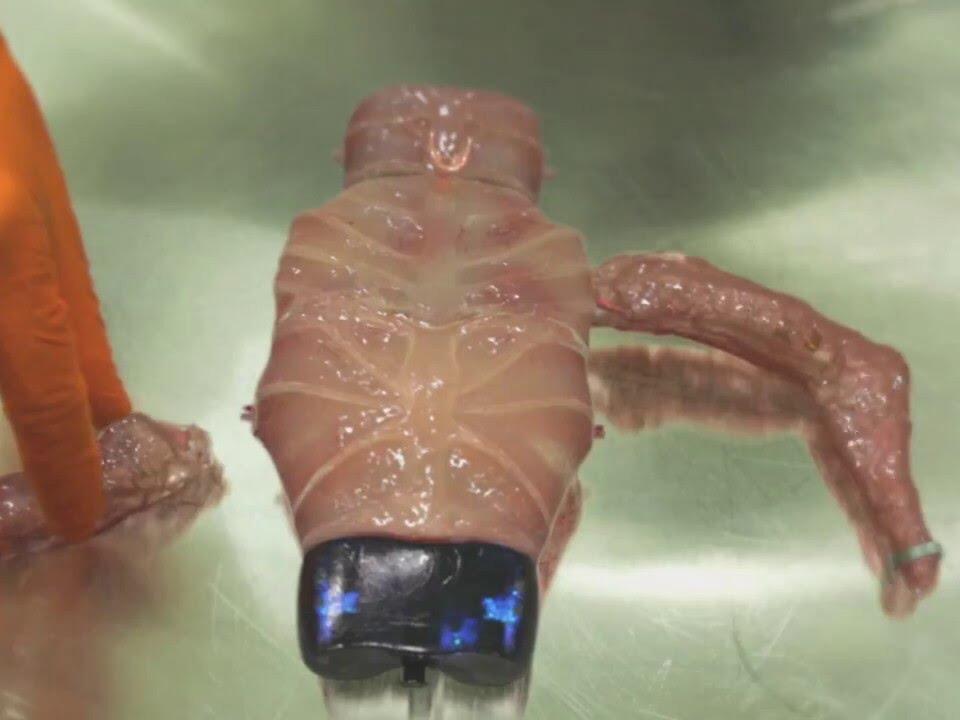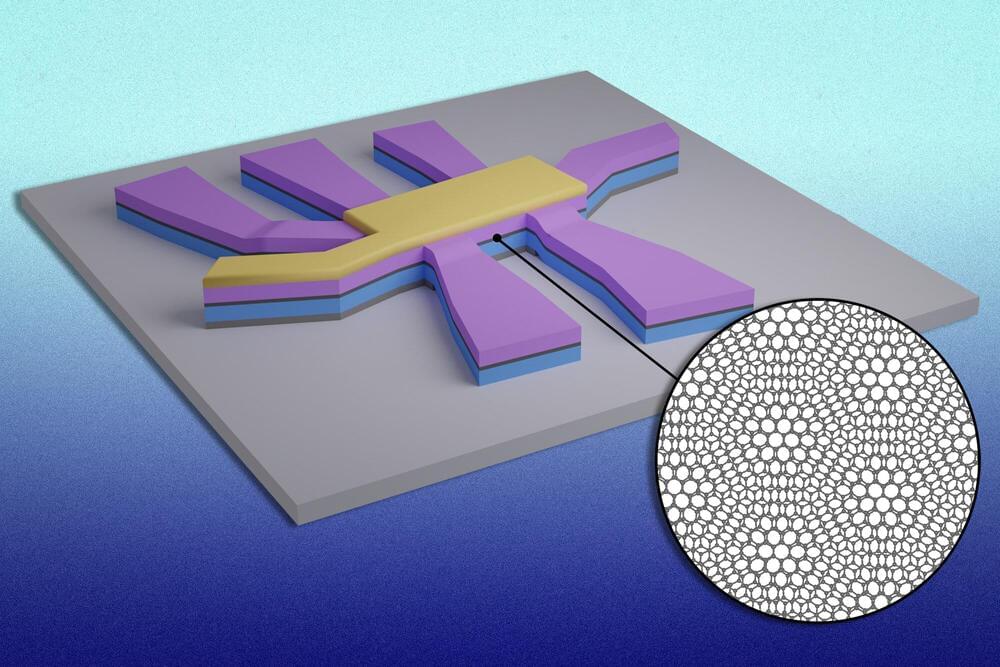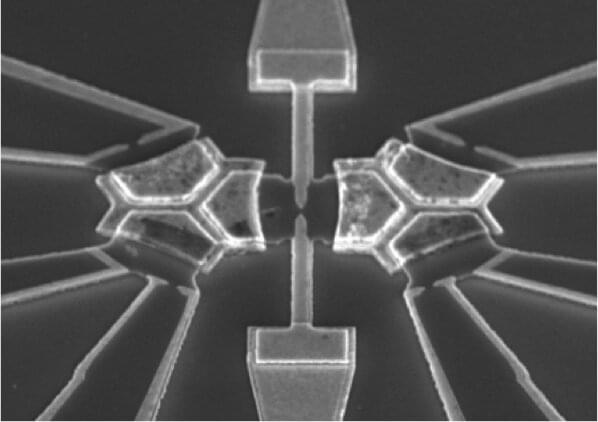Feb 1, 2023
Ultra-thin layers of rust generate electricity from flowing water
Posted by Kelvin Dafiaghor in categories: chemistry, solar power, sustainability
There are many ways to generate electricity—batteries, solar panels, wind turbines, and hydroelectric dams, to name a few examples… and now, there’s rust.
New research conducted by scientists at Caltech and Northwestern University shows that thin films of rust—iron oxide—can generate electricity when saltwater flows over them. These films represent an entirely new way of generating electricity and could be used to develop new forms of sustainable power production.
Interactions between metal compounds and saltwater often generate electricity, but this is usually the result of a chemical reaction in which one or more compounds are converted to new compounds. Reactions like these are what is at work inside batteries.

















